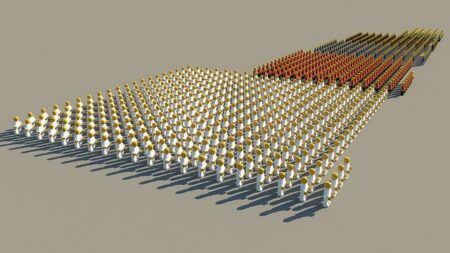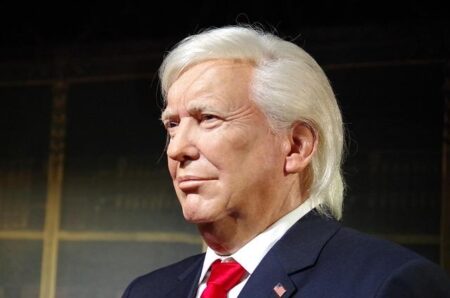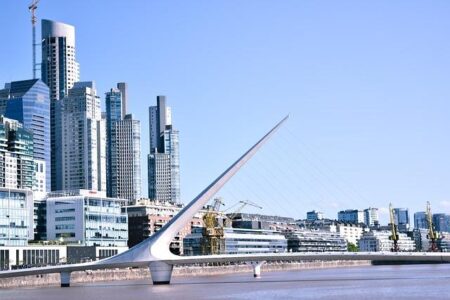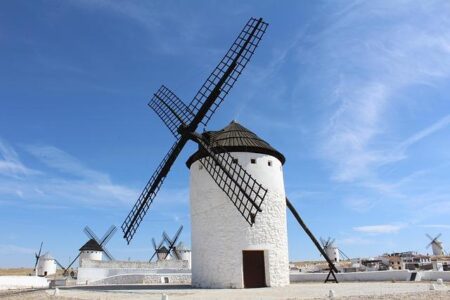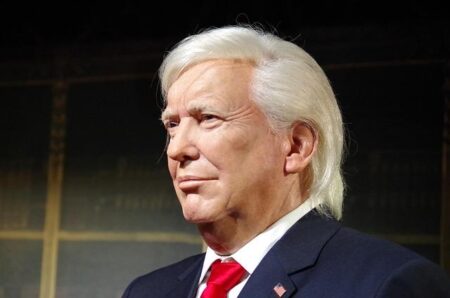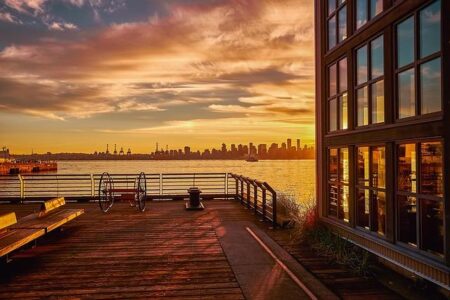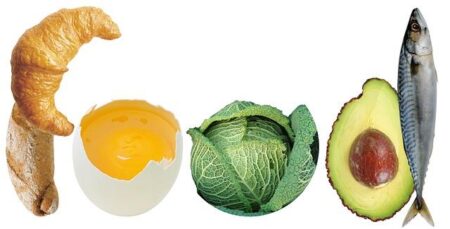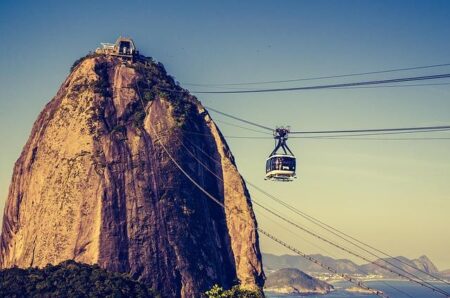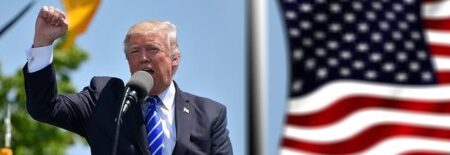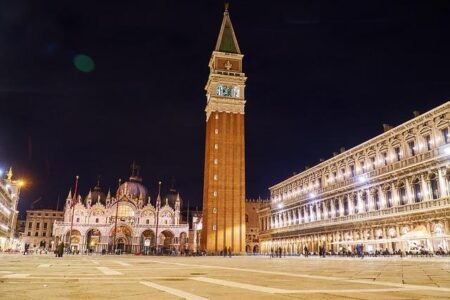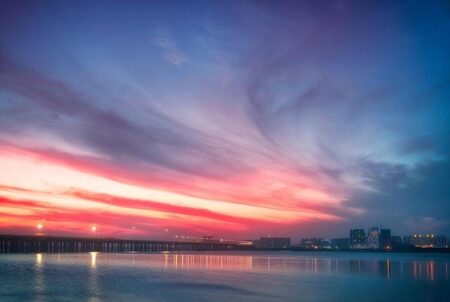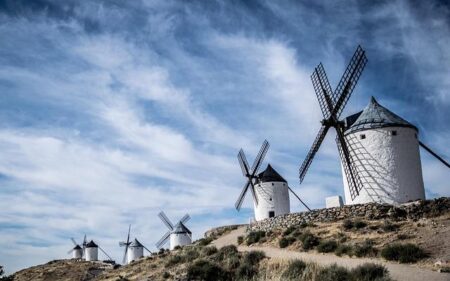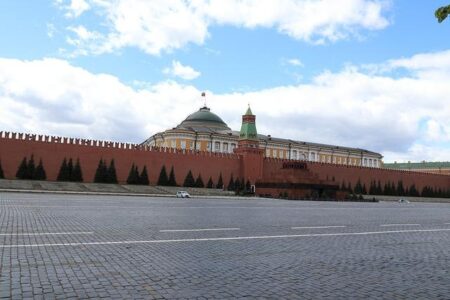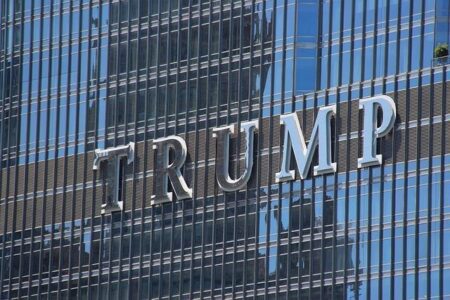Russia’s hopes for a trans-Atlantic split at the Munich Security Conference were dashed as Western unity held strong. Experts emphasize that Moscow’s attempts to sow discord among allies faltered in the face of steadfast NATO solidarity
Browsing: political analysis
Opinion | Recent elections in two countries have thrown a spotlight on what voters care about most: economic stability and strong, effective leadership. As political winds shift, these results offer a clear window into the priorities citizens demand from their leaders
Opinion | Trump’s trade policies targeting Canada have unexpectedly struck a blow to Michigan’s economy, revealing the far-reaching impact of tariffs on U.S. manufacturing and cross-border trade, according to The Washington Post
An ABC of Authoritarianism: Argentina, Brazil, and Chile – Jacobin explores the dramatic rise of right-wing regimes sweeping across South America, revealing the deep historical roots and potent socio-political forces fueling this new wave of authoritarianism in the region
Spain’s political landscape is shifting, adopting bold policies inspired by the pragmatic spirit of Merkel-era Germany. National Review delves into how Spain’s centrist approach aims to rejuvenate its economy and strengthen its ties within the EU in the face of growing challenges
After fascist regimes collapse, societies face a challenging path to rebuild democracy and mend deep-seated divisions. Truthout explores the complex struggles that emerge in the aftermath of fascism’s fall
One Nation’s soaring popularity is sending shockwaves through Australia’s political arena, risking a split in the conservative vote and poised to dramatically transform the right-wing landscape as the upcoming elections draw near
Amid escalating legal battles and political turmoil, being Donald Trump’s closest ally means enduring relentless scrutiny, navigating fierce loyalty tests, and battling for power in a deeply divided Republican landscape
In “Heated Rivalry? Canada,” The New York Times uncovers how Canada’s unique blend of diplomacy, culture, and innovation sparks fierce competition-while maintaining a refreshingly collaborative spirit on the global stage
Keir Starmer’s high-stakes visit to China offers a captivating insight into his bold vision for the UK’s role on the global stage. Peter Frankopan explores how this crucial diplomatic mission could unveil Starmer’s true foreign policy ambitions
In his latest Substack post, Larry Kotlikoff explores the exciting possibility of Brazil emerging as the new hotspot for former President Trump’s political and economic maneuvers, revealing what this shift could mean for U.S.-Brazil relations and the far-reaching impact on global markets
As Trump allies intensify their outreach in Alberta, the local passion for separatism is starting to wane. The province’s independence movement seems to be losing momentum as its connections with U.S. political figures grow stronger
Mark Carney’s recent speech at Davos signals an exciting new era in Canada-U.S. relations, championing deeper collaboration and open dialogue as economic tensions rise-stepping confidently beyond Canada’s traditional cautious approach
China’s recent setbacks in technology and policy have sent shockwaves across the globe, revealing cracks in its ambitious vision. Experts warn that these challenges could slow down its race to become a dominant tech superpower
Triumphalist tales celebrating Brazil’s Supreme Court and Bolsonaro’s imprisonment often overlook crucial details-like the complex legal battles and fierce political struggles-that paint a much richer, more intricate picture of justice and democracy
Spain’s Socialist Party faces mounting pressure as economic challenges and a rising opposition threaten its decades-long hold on power. With critical elections approaching, the party’s future influence teeters on a knife’s edge like never before
Russia is sinking deeper into isolation as Putin’s moves unravel alliances and damage its reputation on the world stage. Key partners are distancing themselves, fueled by sanctions and widespread condemnation, signaling a sharp decline in Moscow’s global influence
Japan has enthusiastically embraced its new prime minister, inspired by his hands-on leadership and daring commitments to rejuvenate the economy. His fresh vision ignites a wave of optimism, shattering years of political fatigue and economic challenges, and rekindling the public’s trust
Paul Krugman raises a urgent warning in his latest Substack post, revealing how Trump’s policies are steering the U.S. toward a Venezuelan-style political and economic disaster-marked by intense polarization, reckless economic decisions, and a troubling collapse of democratic principles
Japan skillfully navigates a delicate foreign policy, expertly balancing its relationships with both China and the U.S. Emphasizing quiet diplomacy and robust economic partnerships, it lets impactful actions speak louder, steadily expanding its influence throughout the region


